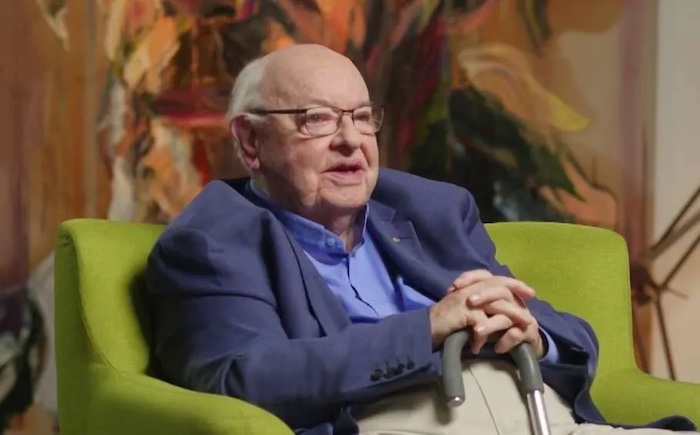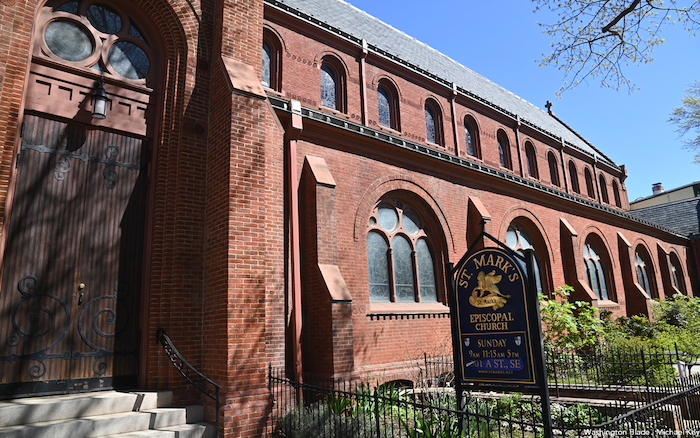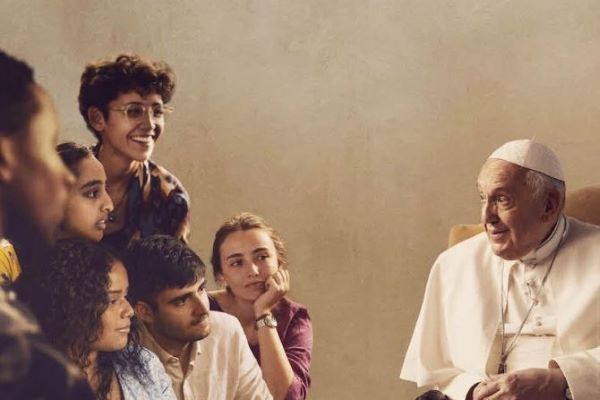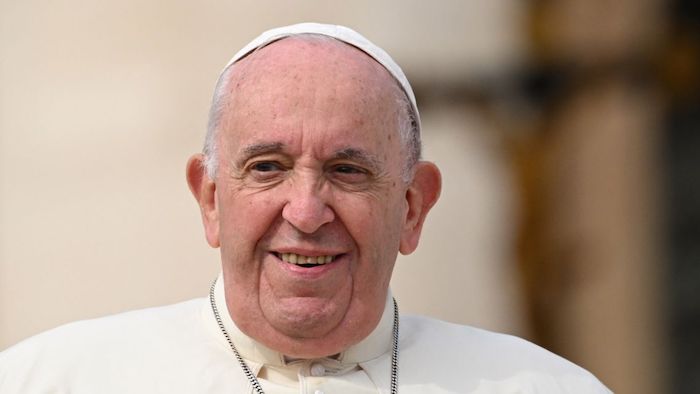— Pope Francis allows women to vote at bishops’ meetings
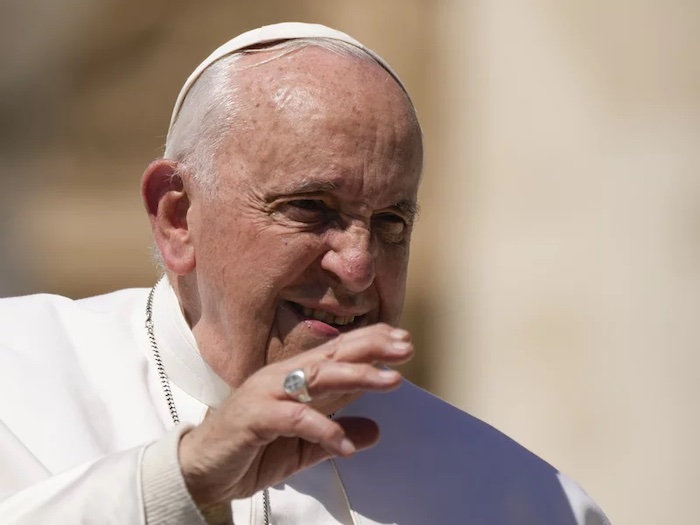
By The Associated Press
Pope Francis has decided to give women the right to vote at an upcoming meeting of bishops, an historic reform that reflects his hopes to give women greater decision-making responsibilities and laypeople more say in the life of the Catholic Church.
Francis approved changes to the norms governing the Synod of Bishops, a Vatican body that gathers the world’s bishops together for periodic meetings, following years of demands by women to have the right to vote.
The Vatican on Wednesday published the modifications he approved, which emphasize his vision for the lay faithful taking on a greater role in church affairs that have long been left to clerics, bishops and cardinals.
Catholic women’s groups that have long criticized the Vatican for treating women as second-class citizens immediately praised the move as historic in the 2,000-year life of the church.
“This is a significant crack in the stained glass ceiling, and the result of sustained advocacy, activism and the witness” of a campaign of Catholic women’s groups demanding the right to vote, said Kate McElwee of the Women’s Ordination Conference, which advocates for women priests.
Ever since the Second Vatican Council, the 1960s meetings that modernized the church, popes have summoned the world’s bishops to Rome for a few weeks at a time to debate particular topics. At the end of the meetings, the bishops vote on specific proposals and put them to the pope, who then produces a document taking their views into account.
Until now, the only people who could vote were men. But under the new changes, five religious sisters will join five priests as voting representatives for religious orders. In addition, Francis has decided to appoint 70 non-bishop members of the synod and has asked that half of them be women. They too will have a vote.
The aim is also to include young people among these 70 non-bishop members, who will be proposed by regional blocs, with Francis making a final decision.
“It’s an important change, it’s not a revolution,” said Cardinal Jean-Claude Hollerich, a top organizer of the synod.
The next meeting, scheduled for Oct. 4-29, is focused on the very topic of making the church more reflective of, and responsive to, the laity, a process known as “synodality” that Francis has championed for years.
The October meeting has been preceded by an unprecedented two-year canvassing of the lay Catholic faithful about their vision for the church and how it can better respond to the needs of Catholics today.
So far only one women is known to be a voting member of that October meeting, Sister Nathalie Becquart, a French nun who is undersecretary in the Vatican’s Synod of Bishops office. When she was appointed to the position in 2021, she called Francis “brave” for having pushed the envelope on women’s participation.
By the end of next month, seven regional blocs will propose 20 names apiece of non-bishop members to Francis, who will select 10 names apiece to bring the total to 70.
Cardinal Mario Grech, who is in charge of the synod, stressed that with the changes, some 21% of the gathered representatives at the October meeting will be non-bishops, with half of that group women.
Acknowledging the unease within the hierarchy of Francis’ vision of inclusivity, he stressed that the synod itself would continue to have a majority of bishops calling the shots.
“Change is normal in life and history,” Hollerich told reporters. “Sometimes there are revolutions in history, but revolutions have victims. We don’t want to have victims,” he said, chuckling.
Catholic Women’s Ordination, a British-based group that says it’s devoted to fighting misogyny in the church, welcomed the reform but asked for more.
“CWO would want transparency, and lay people elected from dioceses rather than chosen by the hierarchy, but it is a start!” said the CWO’s Pat Brown.
Hollerich declined to say how the female members of the meeting would be called, given that members have long been known as “synodal fathers.” Asked if they would be known as “synodal mothers,” he responded that it would be up to the women to decide.
Francis has upheld the Catholic Church’s ban on ordaining women as priests, but has done more than any pope in recent time to give women greater say in decision-making roles in the church.
He has appointed several women to high-ranking Vatican positions, though no women head any of the major Vatican offices or departments, known as dicasteries.
Complete Article ↪HERE↩!

